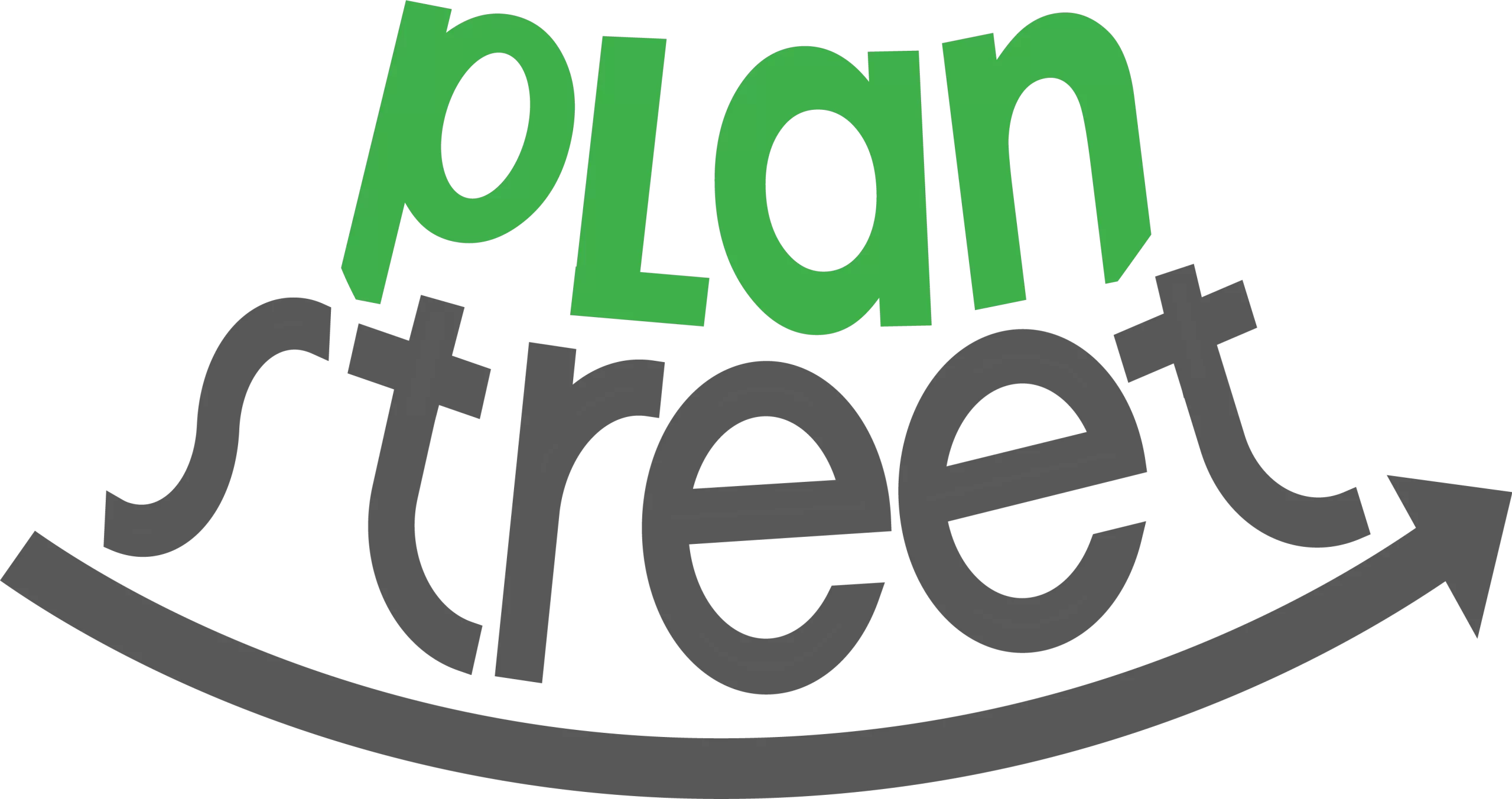How is Technology Making Senior Care Efficient?

In today’s tech-savy world, new technologies are revolutionizing the future of home-centric senior care.
Despite the increased use of technology in the senior-care field, the growing number of senior citizens, combined with the decrease of people going into senior healthcare, are generating concerns amongst the industry.
The ratio of available healthcare assistants for every senior citizen is dwindling. This downward drift is attributed to the increasing demographic numbers of those over 60. This cohort will experience impending growth in the next decade at speeds that are 56% higher than the rest of the global populace, further exacerbating the situation.
One way to curtail this unhealthy gap between the seniors and technology relies on technology itself. With widespread sensors, wearables, and intelligent health IT systems, the opportunity cost for entrepreneurs who miss out on the future technology for the elder populations could be huge.
Pure numbers indicate the necessity of technological solutions for older people.
How Technology Impacts Elderly Care
The most common form of elder care with technology is voice recognition software used to communicate with elders. These software programs allow us to share with seniors in various languages, making it easier for them to understand us.
Caregiving with the help of technology is increasingly needed since there is more of a demand for medical assistance. The use of technology is becoming a way to promote better health and wellbeing. Elder people can become more independent with their routine activities while caregivers can continue their regular duties while remotely monitoring their patient simultaneously.
The future of health care will focus on improving seniors’ lives while making it easier for them to live independently. There are many ways to do this, and one of them is by using tech-based solutions that can help seniors stay connected with their families and caregivers while also helping them stay active and healthy.
With all these benefits at hand, it’s no surprise that many companies are looking into how they can use technology to benefit seniors dealing with various health issues such as Alzheimer’s disease or dementia.
How Can You Use Technology to Improve the Quality of Elder Care?
With cutting-edge technology, providers can improve the efficiency and safety of aged care.
For example, technology can be used to provide more accurate and up-to-date health reports. This way, caregivers can make better decisions about whether to administer medications or treatments. New advancements also allow caregivers to keep track of loved ones’ health and well-being, providing alerts for when support is needed. This is done by way of monitoring via cameras, heart rate monitors, etc.
Use Technology to Improve the Efficiency of Elder Care
Technology advancements are essential to help to streamline the process. Administrators can use it to manage tasks and processes, thus reducing time spent on unnecessary tasks and ensuring that elders receive the best possible care.
With an upgraded case management system, users can create online forms for appointment settings and can be used to automate some tasks, such as filling out paperwork or making phone calls. This allows more time spent with elderly patients.
Improved case management software also further helps senior care centers. These centers are designed to offer a variety of functions ranging from assisted living to daily activities that promote physical, mental, and social well-being.
However, some common issues can arise concerning both the residents and staff of these facilities. Recent technologies allow senior care centers to save time, money, and labor. Here are a few of these challenges that modern technologies are assisting:
- Access Control
Access control is an integral part of security for senior living facilities. By tracking who enters and leaves the facility, you can improve the safety and security of seniors, staff, visiting family members, and personal belongings. Management can grant selective access to different sectors on the premises, avoiding trespassing or individuals getting lost. Access control also allows management to observe capacity rules, preventing overcrowding. - Managing Regulatory Compliance
Many healthcare and assisted living facilities have a set of regulatory compliance rules they must follow, or they run the risk of hefty fines. For residential care facilities, these requirements can be complex and confusing. Many need help understanding them and keeping up with the new updates. - Case and Care Management
Case and care management refers to handling an individual senior’s experience at the care center. Technology allows for detailed profiling, which specifies variables such as a senior’s health conditions, activity preferences, and dietary and transport requirements. Staff can easily reference these profiles for precise and appropriate resource allocation and workforce deployment.
Technology also allows for seamless alert management and incident reporting so that the appropriate staff can respond promptly to assist the specified senior. - Finance and Invoicing
Finance and accounting are part and parcel of a senior care center’s operations. Technology allows these facilities to automate invoicing and payment collection via online transactions. Automated alerts for invoices due can also be programmed to ease the workload on staff. - Peace of Mind of Families for Safety
The primary concern for family members or carers of seniors in care centers is the well-being of said elderly. Providing these family members with confidence in a facility’s care puts their minds at ease and boosts the center’s reputation. Opportunities for face-to-face correspondence may be sparse, especially with the carers/family members leading busy lives themselves. Using technology, center staff can communicate with carers and family members via instant mobile alerts or deliver reports via email.
Thus, technology can be integrated into senior care to optimize functions and save caregivers time while ensuring the safety, compliance, and accuracy of record keeping.
Upgrade your Case Management Software to focus on what really matters – Helping People. Schedule a demo to learn more.
